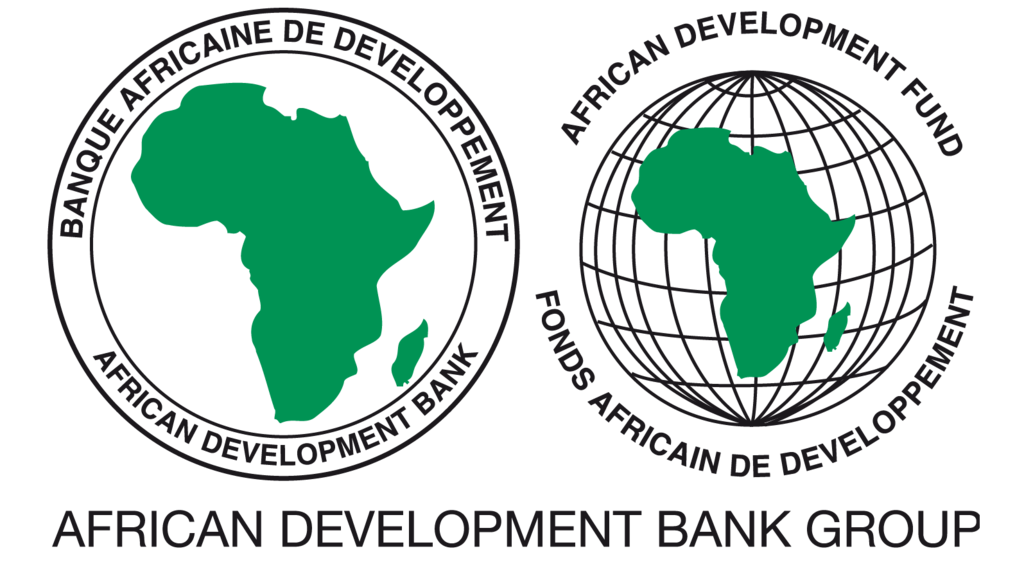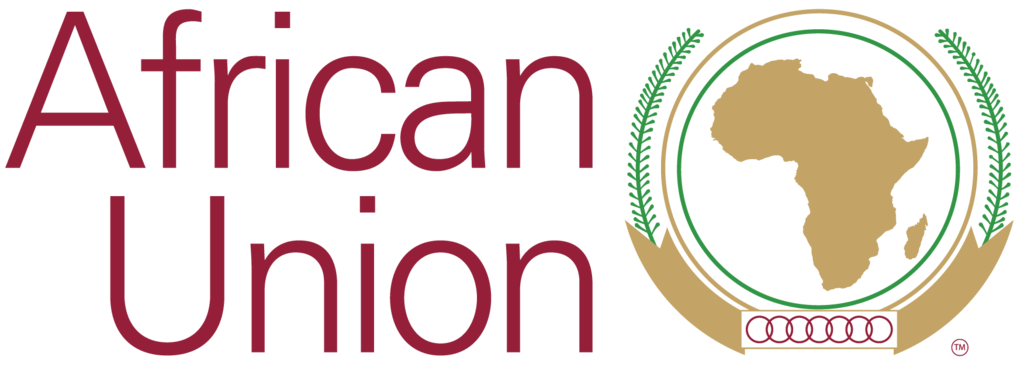Webinar on the multi-tier-framework for tracking energy access.
Sustainable Development Goal (SDG) 7 echoes the SEforALL goal of achieving universal access to reliable, affordable and modern energy services by 2030, but raises the question of how to measure progress towards this goal.
A traditional approach to measuring access looks at whether households “have an electricity connection” and “have access to non-solid fuels” but does not provide information on energy services delivered through other technologies such as solar lanterns for electricity and improved biomass stoves for cooking. Nor does it provide information on the reliability or affordability of the service delivered to the “connected” household.
A Multi-Tier Framework for tracking energy access - both electricity and modern cooking solutions - aims to improve on traditional measurement approaches. The Framework provides information on the quality of the service received by households, including its adequacy and availability, reliability, affordability, safety and impact on a user’s health. The Framework acknowledges that enhancing energy access involves a continuum of improvements and provides a methodology for measuring access in a tiered-spectrum – from Tier 0 (no access) to Tier 5 (the highest level of access).
The Multi-Tier Framework, developed by the World Bank in its role as the SEforALL Knowledge Hub, was launched in July 2015 at the Vienna Energy Forum. The World Bank in collaboration with SEforALL and other development partners is now launching a global survey to establish a multi-tier baseline.
This webinar will provide an update on the design of the Multi-Tier Framework and how it is being operationalized through the global survey. A presentation by the World Bank team will be followed by a discussion in which participants will be encouraged to present their comments on the Framework and ideas on how to operationalize it at the local level. This discussion is particularly important in view of the fact that many African countries are developing SEforALL Action Agendas as umbrella energy sector development document defining their national access targets and monitoring procedures.
This webinar is convened as a follow up the 3rd Annual Workshop on Advancing SEforALL Country Action in Africa held in Abidjan on 9-11 February, 2016.
DATE & TIME
5th of April 2016
12 – 1.30 pm (Abidjan), 2-3.30 pm CEST, 8-9.30 am EDT
AGENDA:
Welcome and Introduction - Jane Ebinger, Sustainable Energy for All
Presentation of the Multi-tier Framework - Dana Rysankova, Elisa Portale and Gero Carletto (World Bank)
Moderated Discussion
Moderator: Daniel Schroth, SEforALL Africa Hub, African Development Bank
Remarks from Discussants :
Peace Kaliisa (Ministry of Infrastructure, Rwanda)
Gunnar Wegner (GIZ)
Lucy Stevens (Practical Action)
Q&A with audience
Wrap Up – Jane Ebinger, Sustainable Energy for All
BIOS:
Dana Rysankova is a senior energy specialist at the World Bank. For the past 15 years, she has been spearheading projects in a number of Latin American and African countries, including Bolivia, Brazil, Honduras, Haiti, Kenya, Tanzania, and Guinea, as well as regional programs like Lighting Africa. Her focus is energy access and distributed renewable energy. Currently, Dana Rysankova covers energy access issues in the Energy Sector Management Assistance Program (ESMAP) at the World Bank. She co-leads a global initiative for developing a multi-tier framework for tracking energy access in the context of the Sustainable Energy for All and SDG7 goals.
Elisa Portale is an energy economist at the Energy Sector Assistance Program (ESMAP) at the World Bank. She works on several projects on energy access and in particular on Defining and measuring Energy Access, Piloting Multi-tier Framework for Measuring Energy Access, SEforALL Global Tracking Framework Report (GTF 2015), Energy Access for the Urban Poor Program, Global Status of Energy access (SEAR) and on the Energy Sector Resilience Project. Prior to ESMAP Elisa worked in Sustainable Development and Climate Change Policy at FEEM. She holds a PhD in Sustainable Development (Energy) and MSc in Economics, she is Harvard Kennedy School Fellow in Sustainability Science.
Gero Carletto is a Lead Economist and Manager of the Living Standards Measurement Study (LSMS) in the Development Data Group at the World Bank. As part of the LSMS activities, he is also coordinating a large methodological research program on the improvement of productivity measurement in agriculture, as well as a new research program on poverty and food security measurement. His research interests are in the areas of poverty, food security, agriculture and rural development, as well as data collection methods and measurement issues. He has previously worked for various UN agencies and the International Food Policy Research Institute (IFPRI). He holds a Ph.D. in Agricultural and Resource Economics from the University of California at Berkeley.
JOINING THE WEBINAR:
Registration for the webinar is available here: https://attendee.gotowebinar.com/register/3234463415811458820





